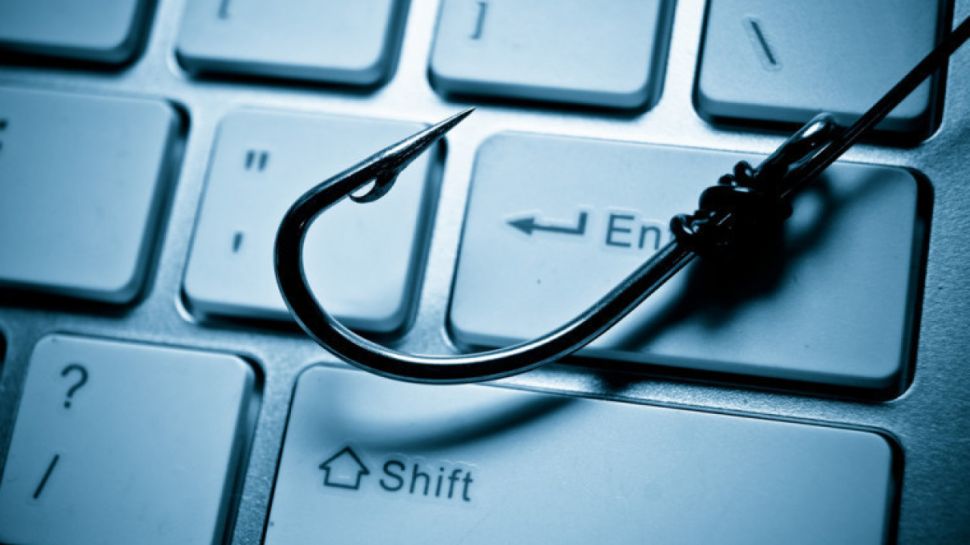LinkedIn is boosting authentication to keep jobseekers safe
Companies can now verify their identities on LinkedIn

Sign up for breaking news, reviews, opinion, top tech deals, and more.
You are now subscribed
Your newsletter sign-up was successful
LinkedIn has officially launched new verification features aimed at protecting its users from scammers impersonating companies and hiring managers.
Going forward, any company posting a job ad on LinkedIn can verify its website and work email, and the person posting the ad can have their government-issued ID card verified by CLEAR, the same company that works on security lines at airports and other venues.
"When you see verifications on job posts, that means there is information that has been verified as authentic by the job poster, LinkedIn or one of our partners," LinkedIn said in a blog post.
Fraudulent message warnings
Companies can use CLEAR’s services for free, but they need to share a US phone number and government ID first. Both the poster, and the company, can also be verified by Microsoft Entra, too. This service, however, is reserved only for the companies enrolled in the program.
Furthermore, LinkedIn will now alert people if the message they just received could be fraudulent:
"We now also alert you if messages on LinkedIn include high-risk content that could impact your security. For example, we will alert you if a message asks you to take the conversation to another platform, as that can sometimes be a sign of a scam. If something doesn’t feel right, these warnings will also give you the choice to report the content without letting the sender know," the blog adds.
As a network for professionals, LinkedIn is often being abused to scam people out of sensitive data, or money. One of the largest-ever cryptocurrency heists, in which threat actors stole roughly $600 from the Ronin bridge, started with a software developer replying to a job ad posted on the site.
Sign up to the TechRadar Pro newsletter to get all the top news, opinion, features and guidance your business needs to succeed!
In LinkedIn’s latest transparency report, it was said the compan yblocked more than 58 million malicious accounts between July and December 2022, up from 22 million in the previous six months.
- Here's our rundown of the best job sites right now
Via: Engadget
Sead is a seasoned freelance journalist based in Sarajevo, Bosnia and Herzegovina. He writes about IT (cloud, IoT, 5G, VPN) and cybersecurity (ransomware, data breaches, laws and regulations). In his career, spanning more than a decade, he’s written for numerous media outlets, including Al Jazeera Balkans. He’s also held several modules on content writing for Represent Communications.